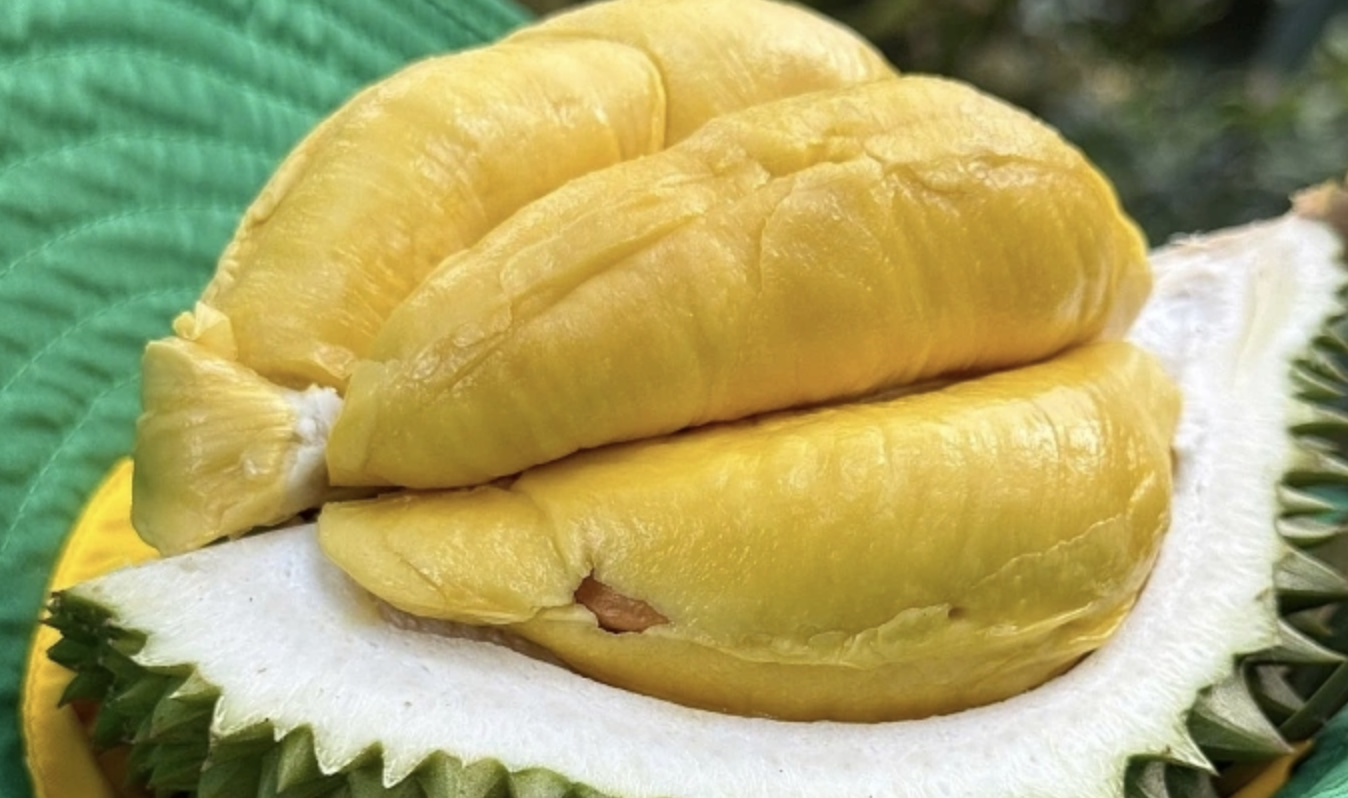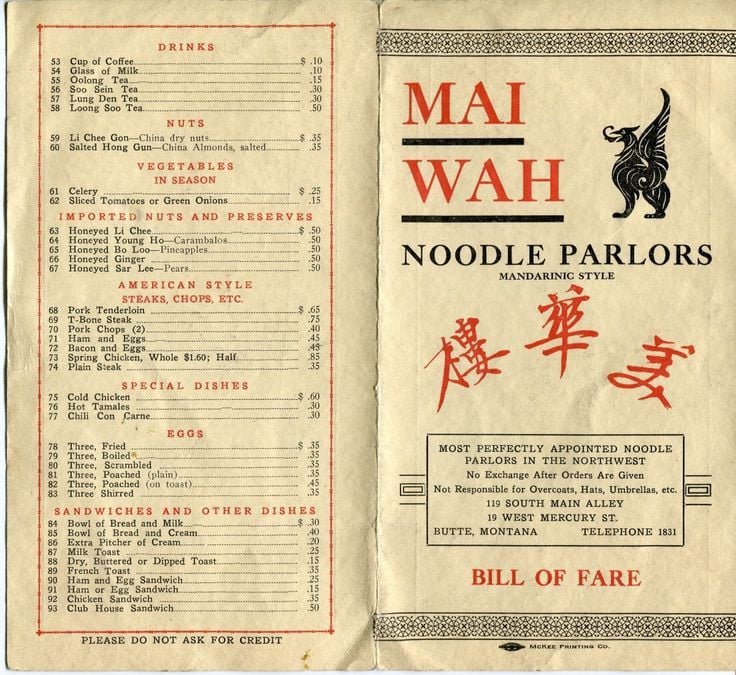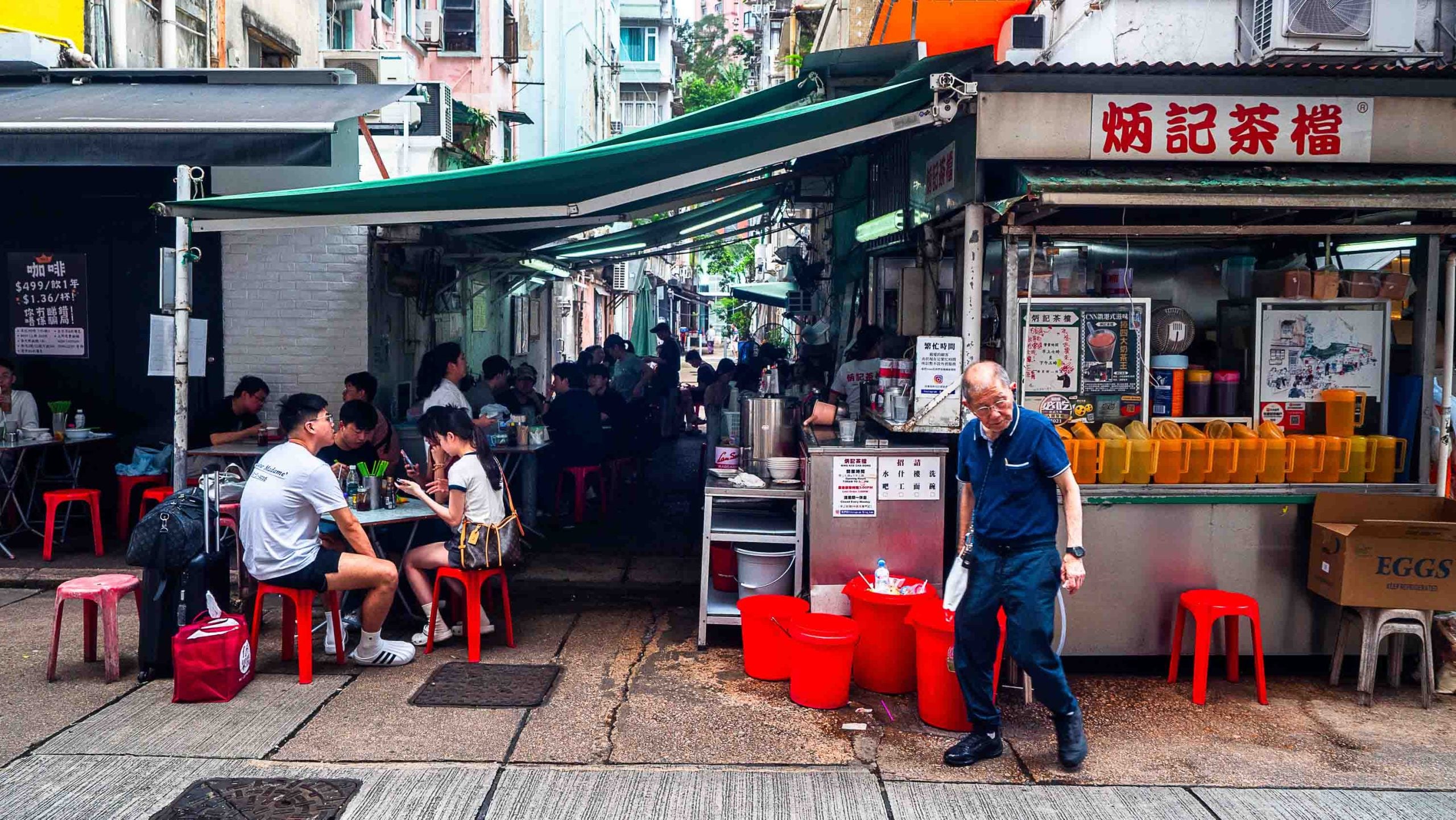The 9th China CSA Conference Press Briefing took place yesterday morning at Renmin University in Beijing:

CSA — community-supported agriculture — is “a system that connects producers and consumers within the food system more closely by allowing the consumer to subscribe to the harvest of a certain farm or group of farms,” and “an alternative socioeconomic model of agriculture and food distribution that allows the producer and consumer to share the risks of farming.” If you subscribe to a farm on a weekly or bi-weekly basis, you receive a share of the farm’s produce and goods, free of pesticides and fertilizers, including in-season fruits and vegetables, as well as other staples like eggs.
According to the speakers at the briefing, this is exactly what is needed in China, where many food security issues have arisen in the past decade.
The 9th China CSA Conference, the biggest and longest-running CSA forum in China, will take place in Tongren in southwestern Guizhou province from Dec 29-31. It will attract farmers, researchers, and consumers from all over the world to promote the environmentally friendly CSA model, which first took form in the 1980s.
The main organizer of the conference is Shi Yan, founder of Little Donkey Farm in Beijing, who traveled to the United States for six months in 2008 as an intern at Minnesota’s Earthrise Farm, and brought what she learned there about CSA back to China. During yesterday’s press briefing, Shi Yan introduced the topics that will be discussed at the coming conference, including poverty relief, CSA farm development, producer-consumer relationships, agricultural technology, youth returning home, and more.
Wen Tiejun, director of the Country Construction Center of Renmin University, and Vincent Martin, the Chief Delegate of the Food and Agriculture Organization of the UN, both attended the briefing, and appraised CSA’s development in terms of poverty relief and its attractiveness to young people returning to their hometowns in China — a potential reversal of a trend that has seen waves of youth move from the agricultural countryside to cities over the last several decades of economic development.

The Son of Earth is a food education curriculum for students in primary and secondary schools initiated by Shi Yan, who is also Vice Chairwoman of URGENCI, an organization that aims to teach students how to recognize seeds, plant food, and gain a better understanding of agriculture. The course has been practiced in several schools in Beijing, and has inspired students’ enthusiasm for agriculture. The curriculum’s Education Manual was also released at yesterday’s news briefing.

While many young people continue to swarm into first-tier cities, there are a few “new farmers” returning their hometowns in the countryside and energizing the nearly empty villages. That is why the initiative announced yesterday morning is called “Where does Your Food Come from” — the Chinese title, 有种有种, literally means Have Seeds (Have Guts) and Have People to Farm (“seeds” and “guts” have the same pronunciation in Mandarin).

We look forward to seeing the fruits of this labor after the conference is held at the end of the year in Guizhou.
Disclosure: Radii founder Brian Wong is one of over 100 sponsors of this benefit, along with Zhou Zejiang, Asian Council Chairman of the International Federation of Organic Agriculture Movements, Li Enyou, managing director of Yale Center Beijing, movie stars like Yao Chen and Tian Yuan, and many academics, documentary filmmakers, TV hosts, and social activists.


















